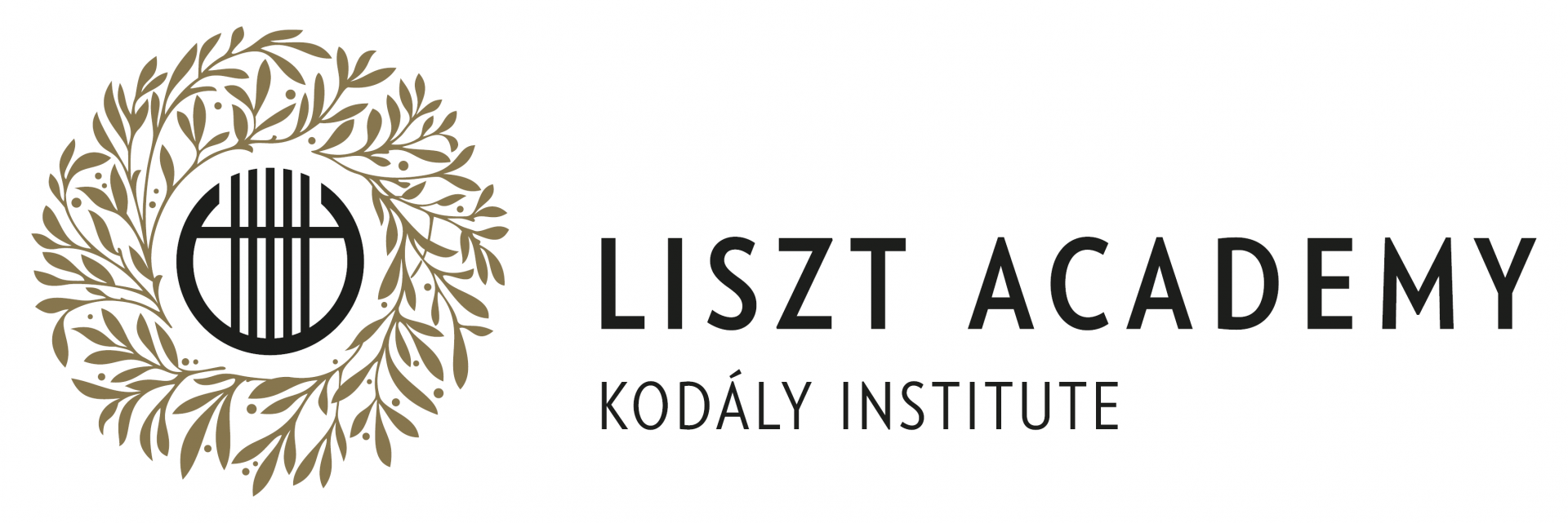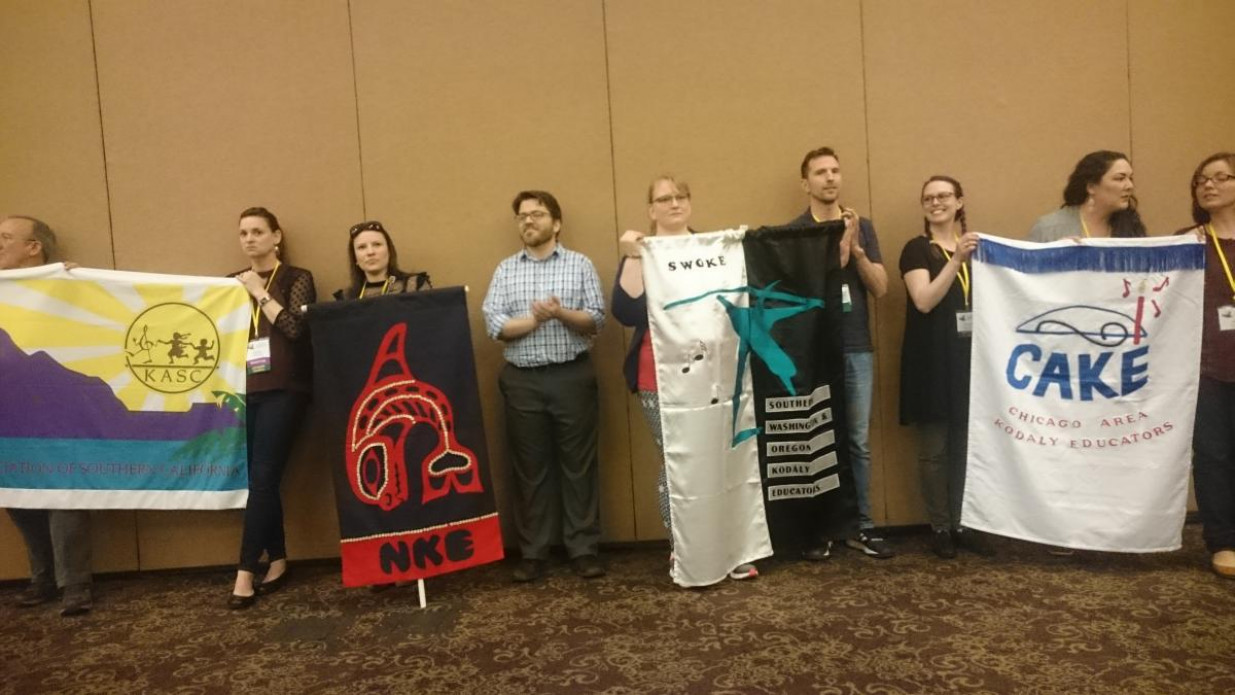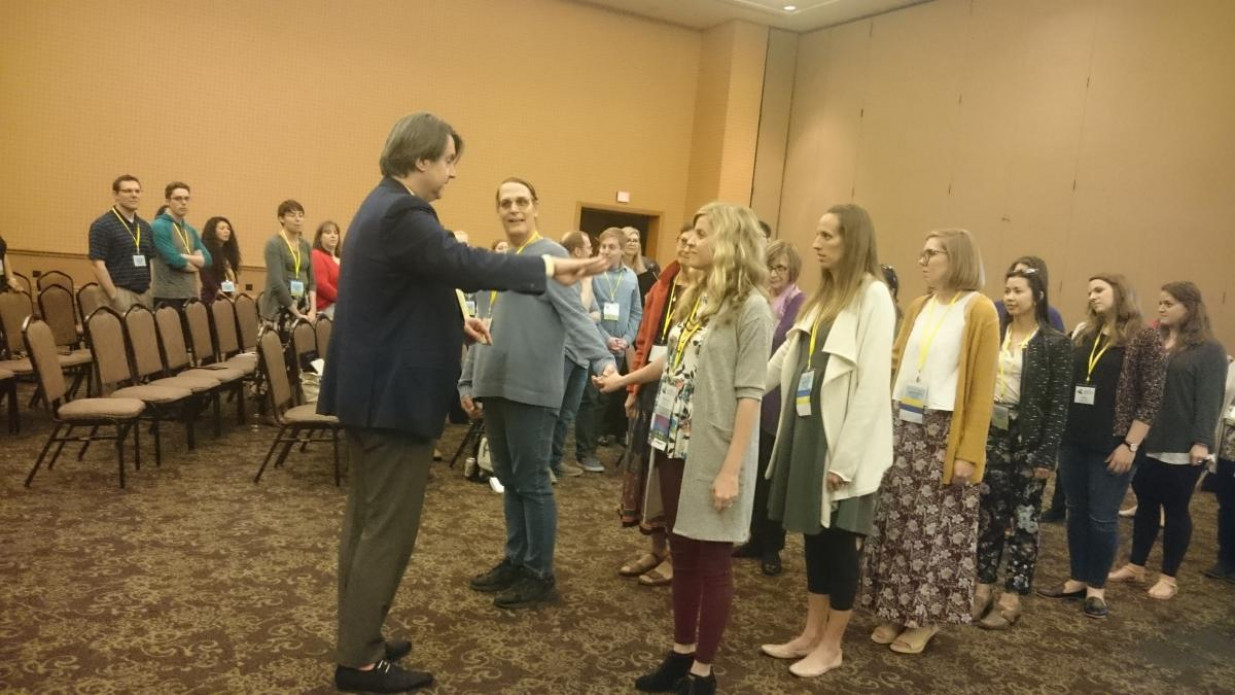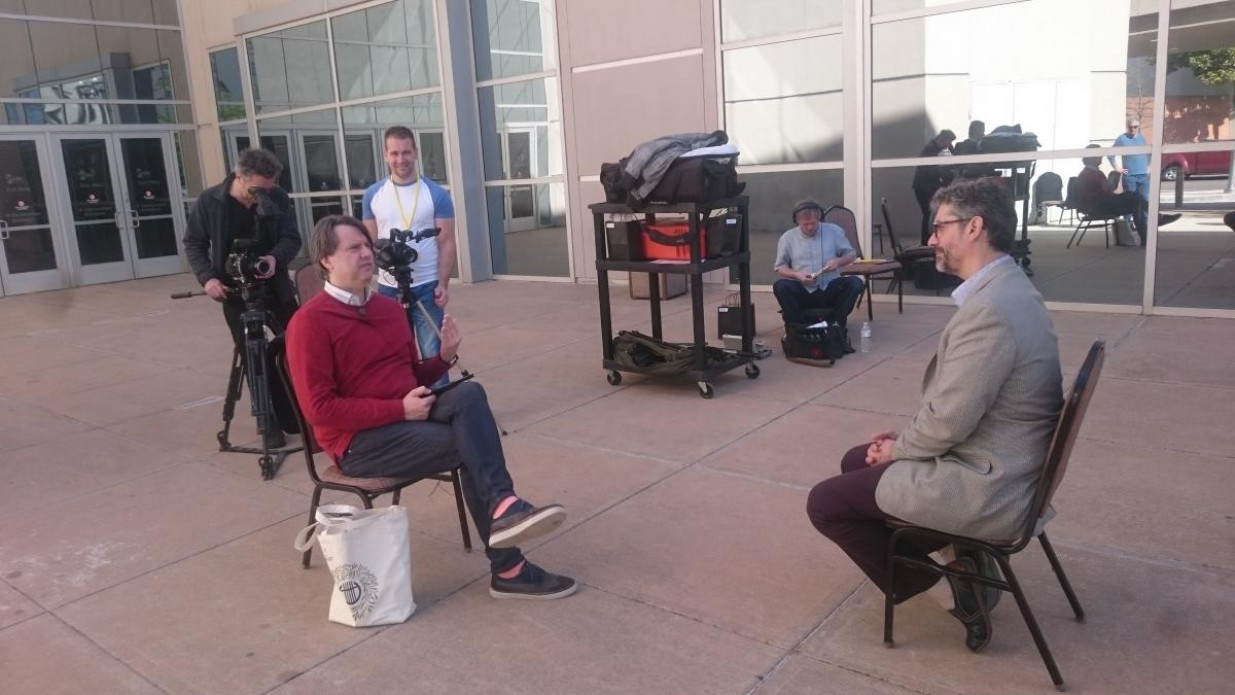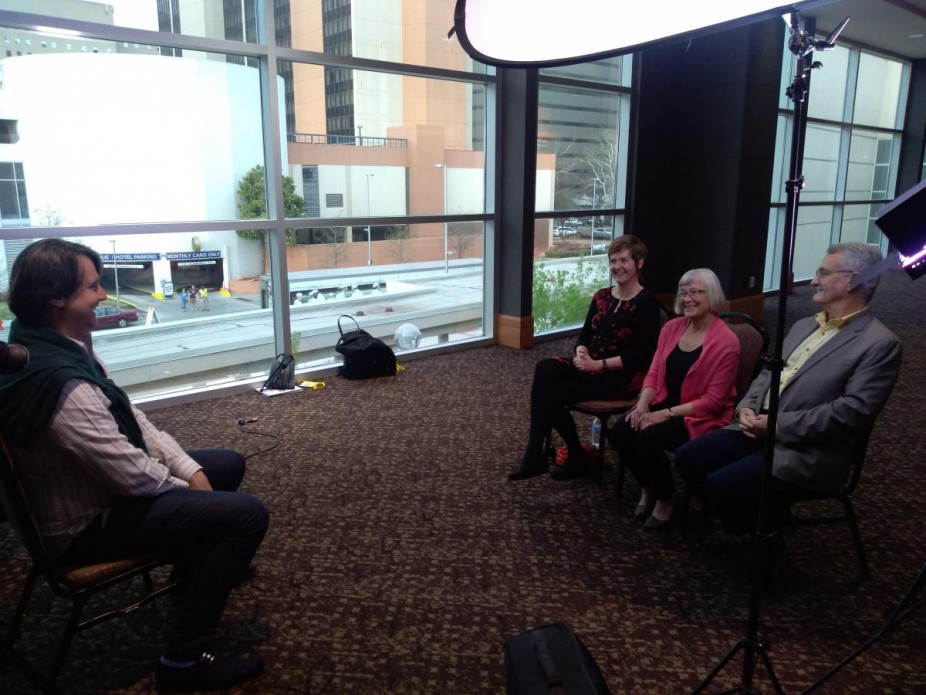The Kodály Institute at the 2018 OAKE Annual Conference
The 2018 Annual Conference of the Organization of American Kodály Educators (OAKE) was held in Oklahoma City between 23 and 26 March 2018. In addition to nearly 500 attending teachers (including many former students of the Kodály Institute), five choirs were rehearsing with renowned musicians, including Norbert Nemes László and Lilla Gábor.
The congress started with a mini-conference that László Nemes held. He demonstrated how to make choir performances more exciting, more efficient, and showed creative techniques. He also gave a keynote speech entitled "The Impact of Changing Social and Cultural Environment on the Hungarian Adaptation of Zoltán Kodály's Music Pedagogical Concept".
In his speech, featuring many novelties, he drew a comprehensive picture of the most important aspects of Kodály's philosophy, the lessons learned from its introduction in Hungary, the social influences, and the tasks of its present followers.
The organizers said that in the 44-year history of the OAKE conferences, it was the first time that one person had been invited to serve three assignments, and according to the feedback we could say that László Nemes was a perfect choice. At the closing of the conference, an audience of over 2,000 people listened to the concert of two children's choirs (formed by American Kodály teachers who nationally conducted the hearings to select the members), a youth chamber choir and a women's choir.
It is very important for American Kodály teachers to feel supported by Hungarian institutions, primarily the Kodály Institute and the Liszt Academy, to inform them about our new initiatives and to show the domestic trends. Klára Nemes, retired professor of the Institute, held a training course before the conference. During the conference, interviews for the Kodály documentary film were made with all the important American Kodály educators, and the leadership was informed about the objectives and the results of the Institute's methodology research programme in collaboration with the Hungarian Academy of Sciences and about our Erasmus Strategic Partnership project.


